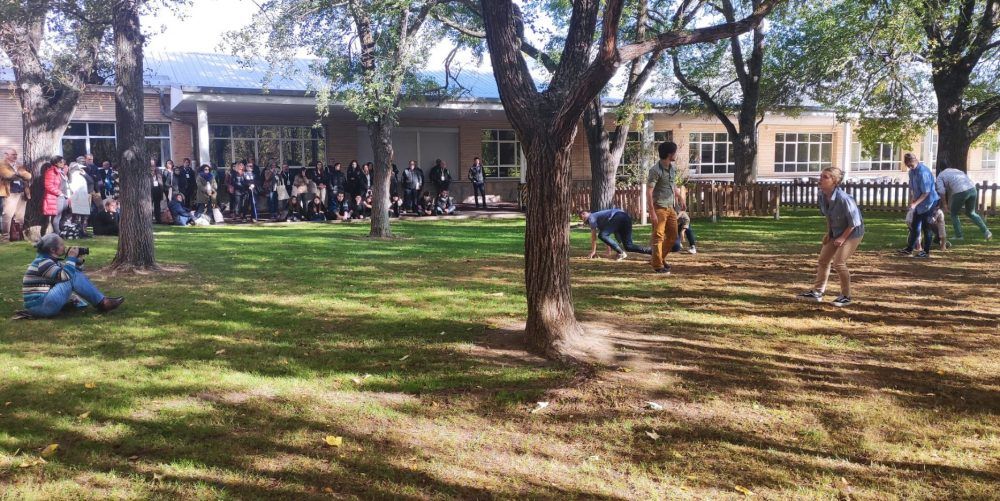- This international congress aims to share educational practices, discuss theoretical frameworks and to find forms of horizontal collaboration between teachers taking into account the complex phenomenon of incorporating the memory of the victims of traumatic pasts and of those who had been left out of traditional narratives into the historical discourse.
In recent decades, a complex phenomenon has occurred in contemporary societies to incorporate the memory of the victims of traumatic pasts and of those who had been left out of traditional narratives into the historical discourse. Thus, broad consensus has been woven on the right to the truth of the victims of the different political violence and also, with more difficulty, on the social duty to maintain their memory. In this context, the awareness that it is necessary to guarantee the transmission of memory -a memory in conflict- to the younger generations in the field of their education has gained strength. This is how hundreds of teachers have understood it who, with or without institutional support, have transferred didactic interventions around memory to their praxis. To share these practices, to discuss their theoretical frameworks and to find forms of horizontal collaboration between teachers, the international congress History with Memory in Education is directed, which will be held in Pamplona/Iruña in November 2022.
It is intended to underline the international character of the meeting for two complementary reasons. On the one hand, the experience of exile and World War II extends the memories to be collected and transmitted to other countries and places. On the other hand, beyond the specificities of the historical processes in each country, there are common features in the violence of the 20th century suffered in different parts of the world and in the citizen challenge of incorporating these traumatic experiences, this history with memory, into education. Thus, experiences carried out in other places, particularly in Latin America, France and Portugal, can illuminate new paths to follow.
This meeting is aimed at teachers of all educational stages who want to share their teaching or school projects around the memory of the violence unleashed after the military coup of 1936, the war and the Franco dictatorship and also in the Transition. Projects that in numerous educational centers are transversal in nature and involve teachers from different areas who understand that educational work with memory is not restricted only to History teachers (also: history with memory), but concerns the entire community educational insofar as history is endowed with memory for public use until it becomes a fundamental tool for building citizenship. Projects, furthermore, that contribute to educational renewal insofar as they help to think historically, to learn through dialogue, to overcome the corsets of the disciplinary division by subjects, to incorporate the social problems of the present into the classroom.
We intend to share the projects and experiences that we have underway, build a geography of memory in education and weave horizontal networks of teaching collaboration between shared interests and themes. Likewise, we want to reflect on the theoretical frameworks of reference for our projects and on the issues that we are addressing and those that we have the challenge of undertaking: political violence and repression; past and present exiles; non-androcentric visions and memories; other violence and daily life; memories and workers’ struggles, etc. And we seek to know the different languages that are being used in these projects: words, music, dance, performing arts, images, comics…




